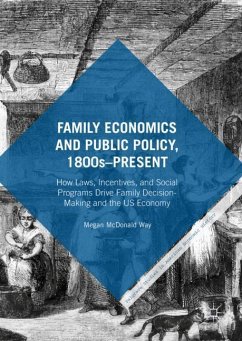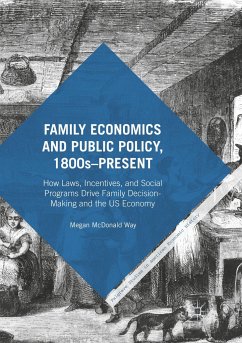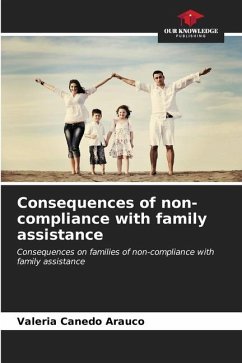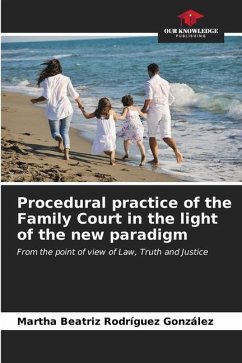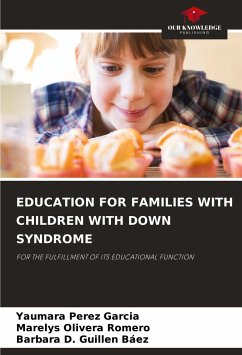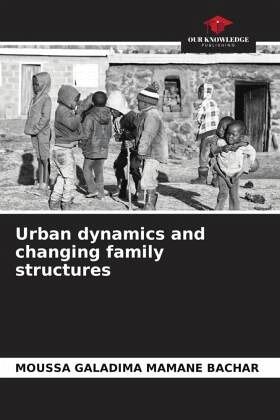
Urban dynamics and changing family structures
Versandkostenfrei!
Versandfertig in 6-10 Tagen
29,99 €
inkl. MwSt.

PAYBACK Punkte
15 °P sammeln!
Over the last few centuries, African societies have undergone a number of major and varied changes, particularly in demographic, economic, political, cultural and social terms. The family, which is the very backbone of African societies, is the first to face and suffer the effects of these changes. It is adapting to the fragmentation of various forms of family organization in the face of urban dynamics. As T. Locoh writes (1993, p.14), "where we expected conjugality to emerge, we are witnessing a growing autonomy of spouses; where we predicted an erosion of polygamy, we see it innovating in fo...
Over the last few centuries, African societies have undergone a number of major and varied changes, particularly in demographic, economic, political, cultural and social terms. The family, which is the very backbone of African societies, is the first to face and suffer the effects of these changes. It is adapting to the fragmentation of various forms of family organization in the face of urban dynamics. As T. Locoh writes (1993, p.14), "where we expected conjugality to emerge, we are witnessing a growing autonomy of spouses; where we predicted an erosion of polygamy, we see it innovating in forms specific to urban civilization; where we expected traditional values of solidarity to break down, we see them taking on primordial importance in the current crisis situation". In a way, the extended family is losing its shape, but is not totally disappearing from the social structures of African societies. The phenomenon of changing family structures has been studied in several sub-Saharan countries, including Niger.



